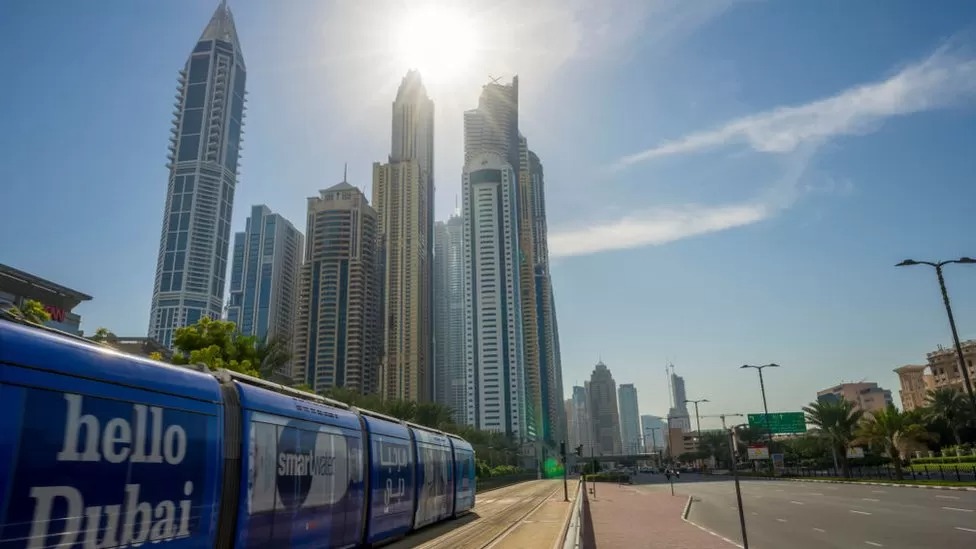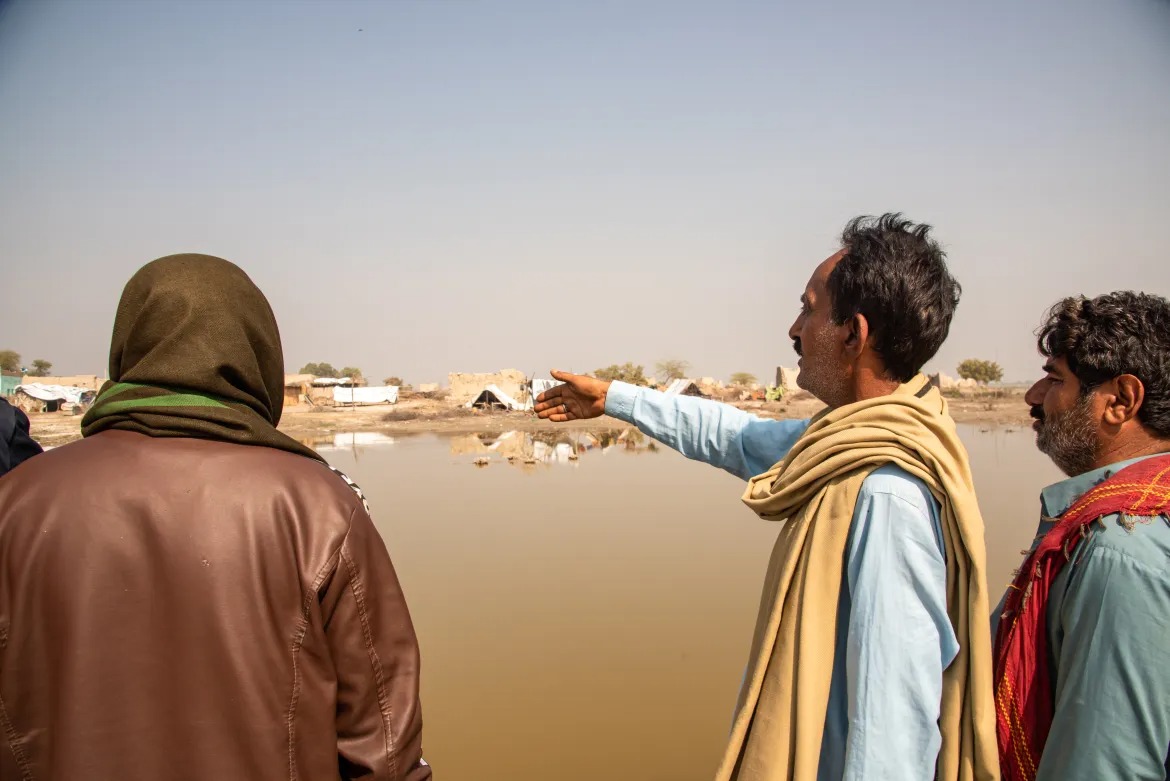Uniting for Climate Action
As the world grapples with a year of unprecedented climate extremes and record-breaking events, global leaders are poised to converge in Dubai for the 28th annual United Nations Climate Summit, known as COP28. This pivotal conference, held from November 30 to December 12, 2023, aims to address the urgent need to combat climate change.
COP28, short for the “Conference of the Parties,” brings together nations that originally committed to the UN climate agreement in 1992. The summit takes place in Dubai, a location that has sparked controversy due to the United Arab Emirates’ significant role in the oil industry.
Oil at the Helm: A Controversial Choice
The United Arab Emirates (UAE) ranks among the world’s top 10 oil-producing countries, making it a surprising host for a climate summit. Adding to the controversy, the UAE has appointed Sultan Al Jaber, the CEO of the state-owned oil company, as the President of the COP28 talks.
Critics argue that this choice is akin to appointing the CEO of a tobacco company to lead a conference on cancer cures. Fossil fuels, including oil, gas, and coal, are the primary contributors to climate change, emitting greenhouse gases like carbon dioxide when burned for energy. Al Jaber’s oil company also plans to expand production capacity, raising concerns about the sincerity of the summit’s climate commitments.
Al Jaber, however, defends his position by emphasizing his unique ability to advocate for change within the oil and gas industry. He points to his role as the chairman of the renewable energy company, Masdar, where he has overseen the expansion of clean technologies such as wind and solar power.
The Stakes at COP28: Bridging the Gap
COP28 carries significant importance in the fight against climate change. The summit’s primary objective is to preserve the goal established in Paris in 2015: to limit long-term global temperature increases to 1.5 degrees Celsius. This target is deemed critical by the Intergovernmental Panel on Climate Change (IPCC) to avert the most catastrophic impacts of climate change.
At present, global warming stands at approximately 1.1 to 1.2 degrees Celsius above pre-industrial levels. However, without additional measures, the world is on a trajectory towards 2.5 degrees Celsius of warming by 2100. The United Nations warns that the window to achieve the 1.5-degree limit is rapidly closing.
As COP28 unfolds, leaders from more than 200 nations will focus on various crucial issues, including accelerating the transition to clean energy sources to reduce greenhouse gas emissions by 2030, financing climate actions in poorer countries, and addressing environmental concerns affecting both nature and people.
Additionally, the conference aims to be the most inclusive COP to date, with themed days dedicated to health, finance, food, and nature. Key world leaders are expected to participate, although confirmations from countries like the United States, China, and India are still pending.
However, there are likely to be contentious topics on the agenda. Disagreements are anticipated regarding the future of “unabated” fossil fuels like coal, oil, and gas. While some advocate for a gradual reduction in their usage, others, notably the European Union, will push for a complete “phase-out.” A central issue is whether capturing emissions from these fuels can be achieved at a large scale.
Moreover, the challenge of financing climate reparations and addressing the concept of “loss and damage” remains unresolved. Developed nations committed to providing $100 billion annually by 2020 to assist developing countries in reducing emissions and preparing for climate change. Although this target was missed, it is expected to be met in 2023.
In the midst of skepticism about the efficacy of COPs, including criticisms from prominent figures like Greta Thunberg, the significance of these summits cannot be underestimated. Previous COPs have played a pivotal role in driving global climate action, culminating in the near-universal commitment to the 1.5-degree warming limit established in Paris in 2015.
















